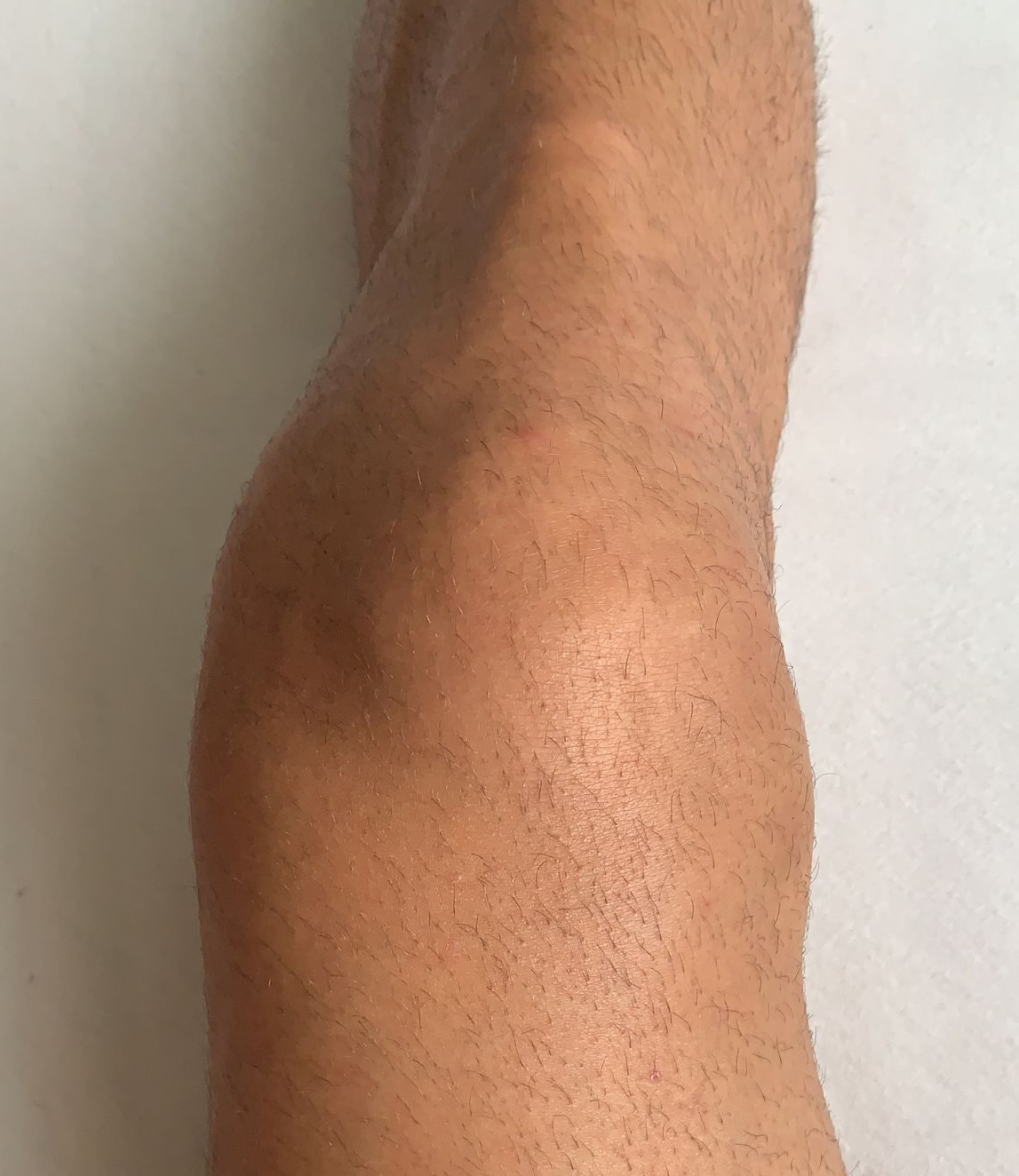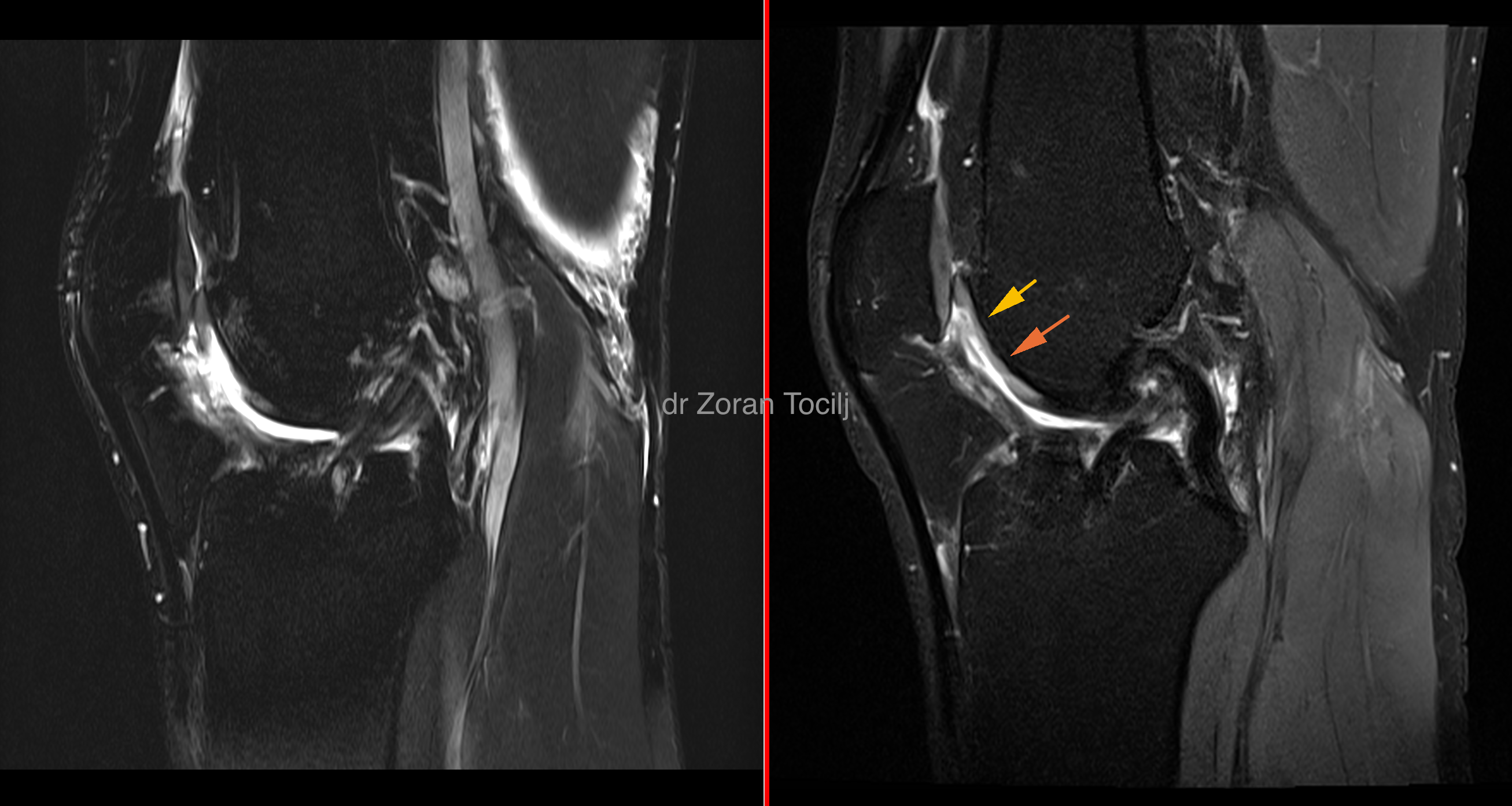
Cartilage is one of the most important part of every joint. It has various functions like protecting the bone from high impact forces or by lowering the friction of a joint. It looks like porcelain smooth surface, semi elastic but firm enough to bear full weight of the body without breaking.
Cartilage is preserved by sustaining adequate muscle tonus and strength and in that way preserving optimal biomechanics of the joints. Adequate nutrition is also needed to feed the stem cells of the cartilage to regenerate chondrocytes, and for chondrocytes to maintain proteoglycan glycomatrix. In that way normal metabolism is maintain within the joint/knee.
Supplementation for cartilage
We suggest intake of:
Vitamin D 2000-3000IU,
Vitamin C 1000mg,
Calcium 1000mg,
Zinc 20-30mg,
Omega3 fatty acids 1000-2000mg,
Glucosamine sulfate 1000-2000mg
to help sustain normal metabolism of cartilage.

If the knee starts to inflame, first sign will be swelling up. Swelling up of the knee is a way for body to try to defend it self from the damage by overlubricating the joint and it is a sign that something is not right. Inflamed joint produces cytokines that further promote degrading of the cartilage that induces more inflammation and the vicious circle is started.
In this situation the WORST THING TO DO IS TO RECIVE CORTICOSTEROIDS! They induce even more cartilage degeneration and speed up osteoarthritis. Knee surgery has very limited effect and usually induces even more damage, so should be avoided if possible.

Our therapy concentrates on stopping cytokines from doing damage and inducing normal cell metabolism inside the knee. Therapy regenerates inflamed bone tissue so cartilage can receive enough oxygen to stop cell death and induce good metabolism. In that positive surrounding, stem cells start to produce basic chondrocytes and that leads to more cartilage matrix being regenerated. The more cartilage the less inflammation, the less inflammation the more cartilage.
Therapies are not easy nor quick, usually therapies are consisted of several cycles with each one bringing more freedom of movement and less pain. Patients own metabolism and regeneration rate dictates number of therapies needed.
